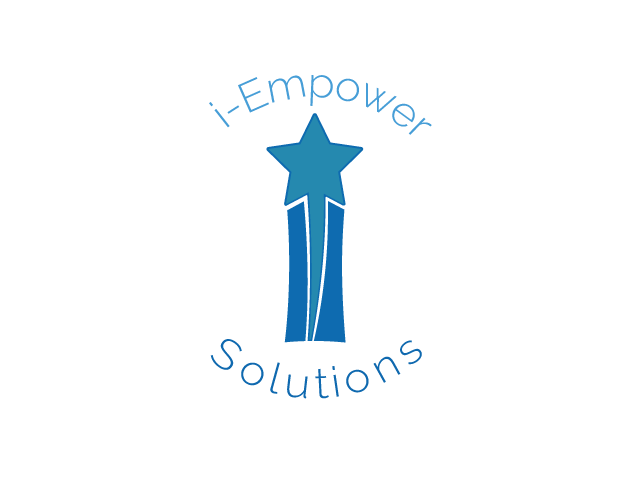September is Suicide Prevention Month
Every September, we recognize Suicide Prevention Month—a time to reflect, raise awareness, and take meaningful action to support mental health and save lives. Suicide is a complex and deeply personal issue, but it is also preventable. By speaking openly, listening with compassion, and connecting people to the help they need, we can be part of the solution.
Why Suicide Prevention Month Matters
According to the World Health Organization, over 700,000 people die by suicide each year globally. In the U.S. alone, it remains a leading cause of death among teens and young adults. Yet, despite these staggering numbers, suicide is often shrouded in silence, shame, or misunderstanding.
However, suicide could be prevented by a better understanding of mental illness, substance abuse and other life struggles. Some of the ways we can help with this is by raising awareness. It’s important to mental health matters just as much as physical health. It also helps to have open conversations about depression, anxiety, trauma and suicidal thoughts-without judgement. Empowering people to find resources and advocate for themselves is key,
However, not everyone who is struggling will reach out for help. That’s why recognizing the warning signs of suicidal thoughts can be crucial. Some warning signs include:
Talking about feeling hopeless or being a burden
Withdrawing from friends, family, and activities
Increased substance use
Extreme mood swings or agitation
Giving away possessions or saying goodbye
Expressing feelings of unbearable pain or having no reason to live
If you notice these signs, don't ignore them. Reach out, ask directly, and offer support.
What You Can Do
Even small actions can make a big difference. Here's how you can help:
Check in with friends, family, coworkers—especially those who seem isolated.
Listen without judgment. Sometimes, just being present is the best thing you can do.
Share resources (see below) and offer to help someone find professional help.
Educate yourself on mental health and suicide prevention.
Advocate for mental health programs at school, work, or in your community.
Remember: You don't have to be a mental health professional to save a life. You just have to be there for them.
If You’re Struggling, You Are Not Alone
Pain can feel overwhelming, but it doesn't have to be permanent. Help is available, and healing is possible. Please don’t hesitate to reach out.
In the U.S., call or text 988 to reach the Suicide & Crisis Lifeline—available 24/7, confidential, and free.
Other resources:
NAMI (National Alliance on Mental Illness)
The Trevor Project (LGBTQ+ support)
Crisis Text Line: Text HOME to 741741
Let’s End the Stigma
The truth is, mental health challenges are more common than we think—and they don’t make anyone weak or broken. Talking about suicide doesn't plant the idea in someone's mind—it opens the door to support and could save a life.
This Suicide Prevention Month, let’s commit to:
Talking more openly
Listening more deeply
Supporting more compassionately
Together, we can create a world where hope is stronger than despair—and no one has to struggle in silence.
